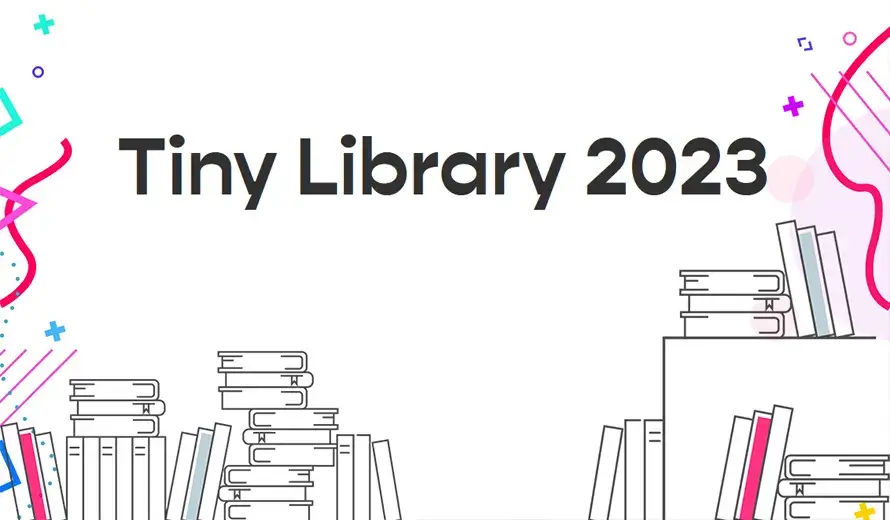Tiny Library 2023 Architecture Competition

Tiny Library 2023 Architecture Competition now is over!
The Tiny Library 2023 Architecture Competition, an open ideas design competition recently organised by Volume Zero, invites students and professionals from all walks to participate in this year challenge.
Short description
Volume Zero recently has announced its Tiny Library 2023 Architecture Competition, challenging students and professionals from all walks to rethink and re-imagine the idea of Library as a 21st-century self-learning and educational incubation space that not only sheds light on conventional means of knowledge but also encourages its users to interact, share ideas and grow together.
As the world is continuously transforming and expanding, the amount of data and information created every day is also increasing constantly. Human intellect today is expected to evolve at the same rate as our world to continue our journey into the future. Despite all the information, reading and self-learning remain the most powerful tools available to mankind to consume knowledge. Learning bolsters awareness, exposure and productivity, which in turn results into development.
...
Libraries as an educational incubator is a space that not only sheds light on conventional means of knowledge but also encourages its users to interact, share ideas and grow together. Rather than accepting urban migration as a given, a library can be designed with an aim to restore dignity and induce development.
Can we rethink a library of the 21st-century public space where knowledge is not limited to books? Can we ignite the new age movement of learning? WHAT YOU ARE REQUIRED TO SUBMIT?
Participants is invited to design a Tiny Library optimized for 75 users with engaging multifunctional spaces for all ages and spatial experience. The Tiny Library would be equipped with traditional reading material along with modern formats like ebooks, audiobooks, audio-visual books etc.
The space would be designed as a centralized think tank for the local communities with a focus on activities and functions of public interactions and
community development. Participants should consider affordability and optimum use of space while designing. The designed space should be augmented to hold a maximum number of books in a limited space. The structure should not exceed 300 sq.mt of built-up area.
The proposed design should also be easy to maintain. The proposal should be iconic, inviting, and creating a statement of its own on the chosen site. The proposed design should have contact between humans and nature.
The proposed designs can be visualized as mobile or stationary. One could also develop the given space as a flexible module that can be replicated so as to adapt to different site conditions making it versatile in nature.
Participants will be required to provide a justification for their design choices. The designed spaces should be innovative, encourage self-learning as well as strengthen the communal spirit. Energy saving and sustainability should be given a thought.
The space designed should not be limited to the standard activities viz. reading and self-learning space, sanitation space, administration, reception or information desk. The design should provoke innovative activities that stimulate and accelerate learning.
CHOOSE THE SITE
Participants are to choose a site in a rural or remote context for the proposal, wherever they feel accessibility to knowledge may change the existing circumstance. The design should be well integrated into the context.
The site selected should be in a dire need of connecting to education and learning. The site should justify the participant’s design.
Submission requirements:
➜ A single A1 sheet must be submitted in JPEG format (150 DPI Resolution), file size not exceeding 5 MB
➜ All text must be in English, with a max. of 200 words for project explaination with a readable font size (to be provided on the A1 sheet)
The winners will be announced on September 2023.
Who may enter?
The Tiny Library 2023 Architecture Competition invites students and professionals from all walks to participate.
Prize:
➜ 1st prize winner - $ 2000 USD + Certificate of achievement
➜ 2nd prize winner - $ 1200 USD + Certificate of achievement
➜ 3rd prize winner - $ 800 USD + Certificate of achievement
The winning designs will be published on Volume Zero Magazine website and their international media partner’s websites. The winning team will also have an interview published.
Entry fees:
Entry fee starts at USD 70 during the Early Registrations period (03 Mar - 12 May). After that period ends the amount of fee will increase.





